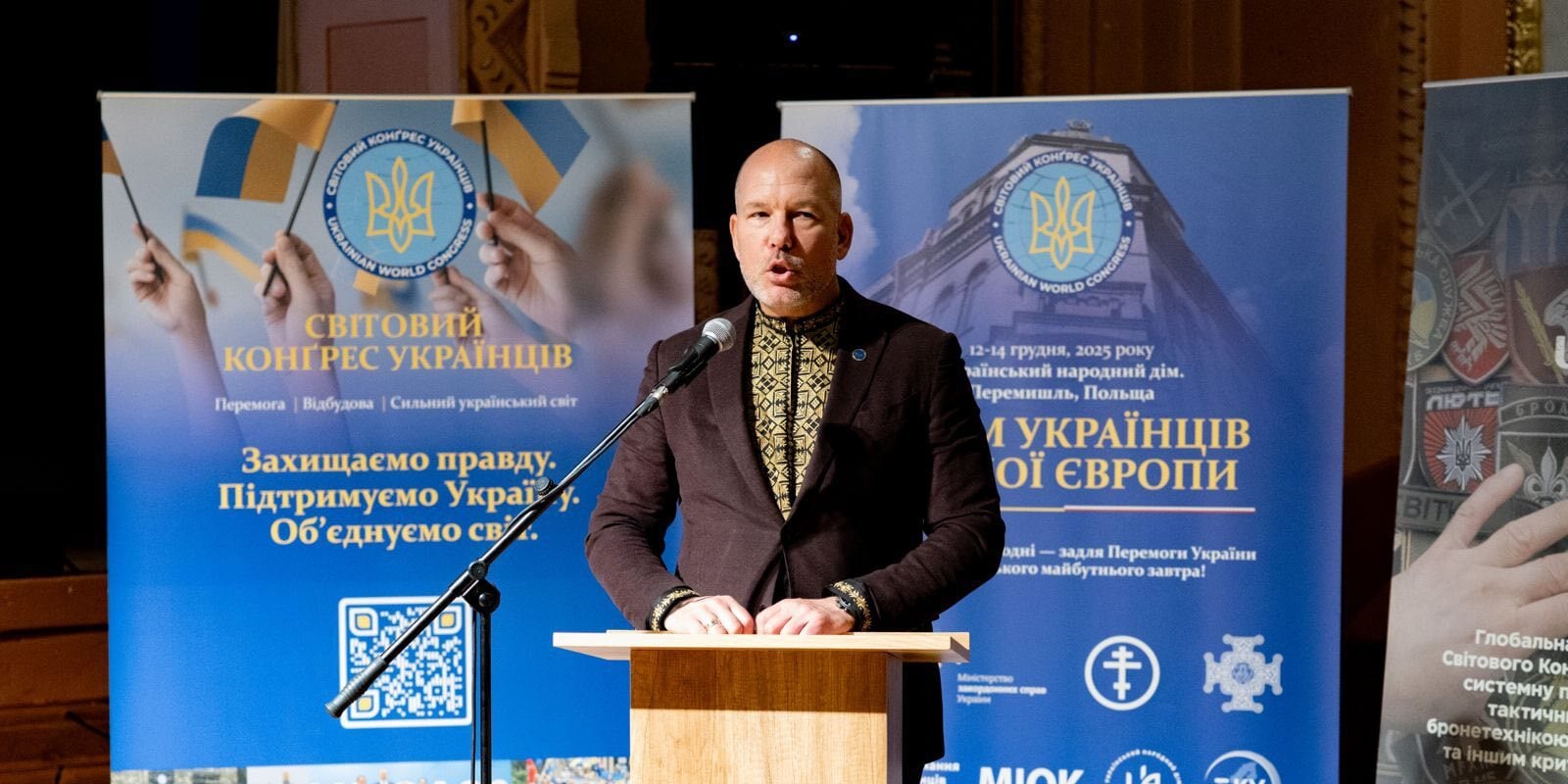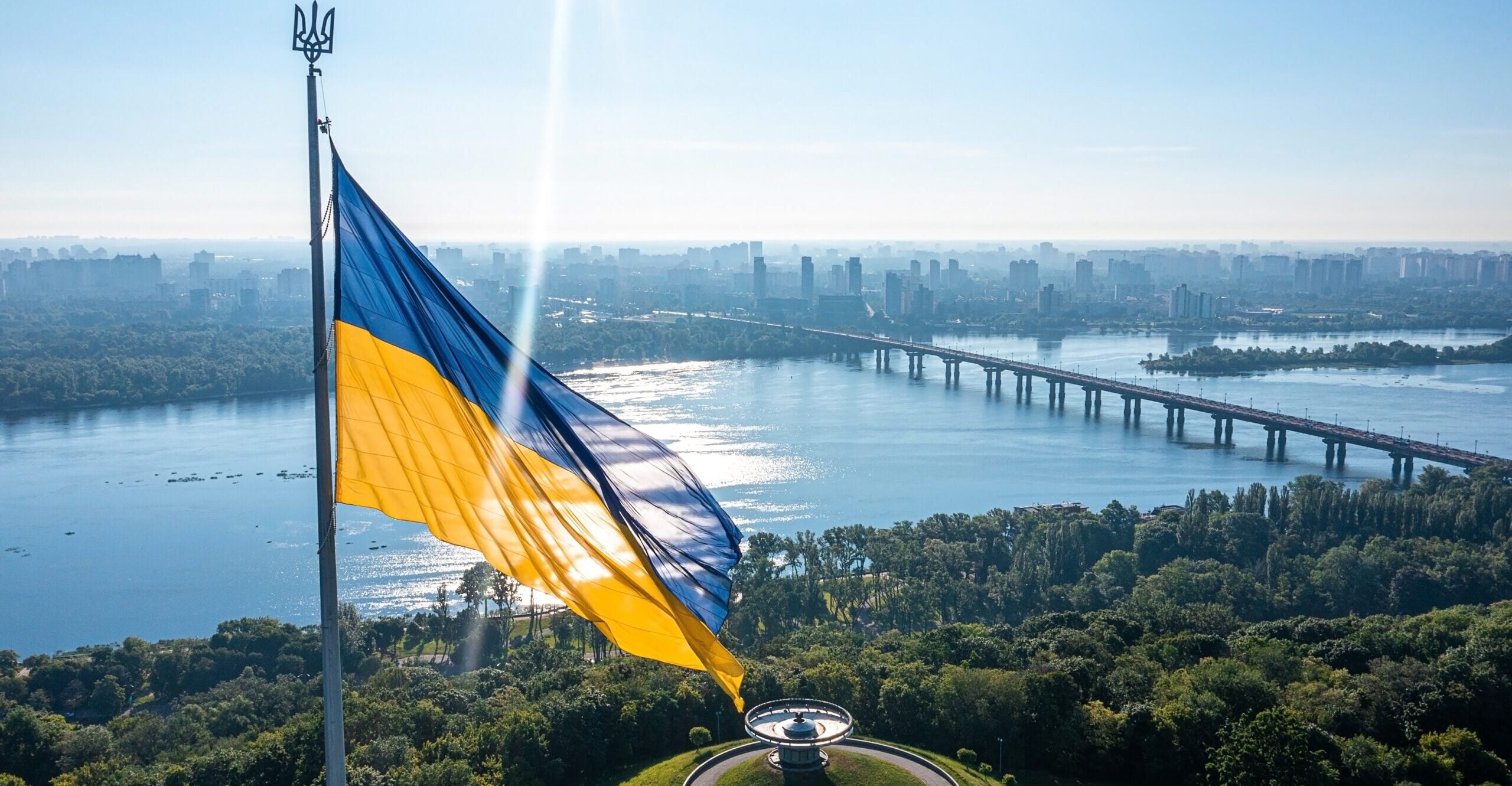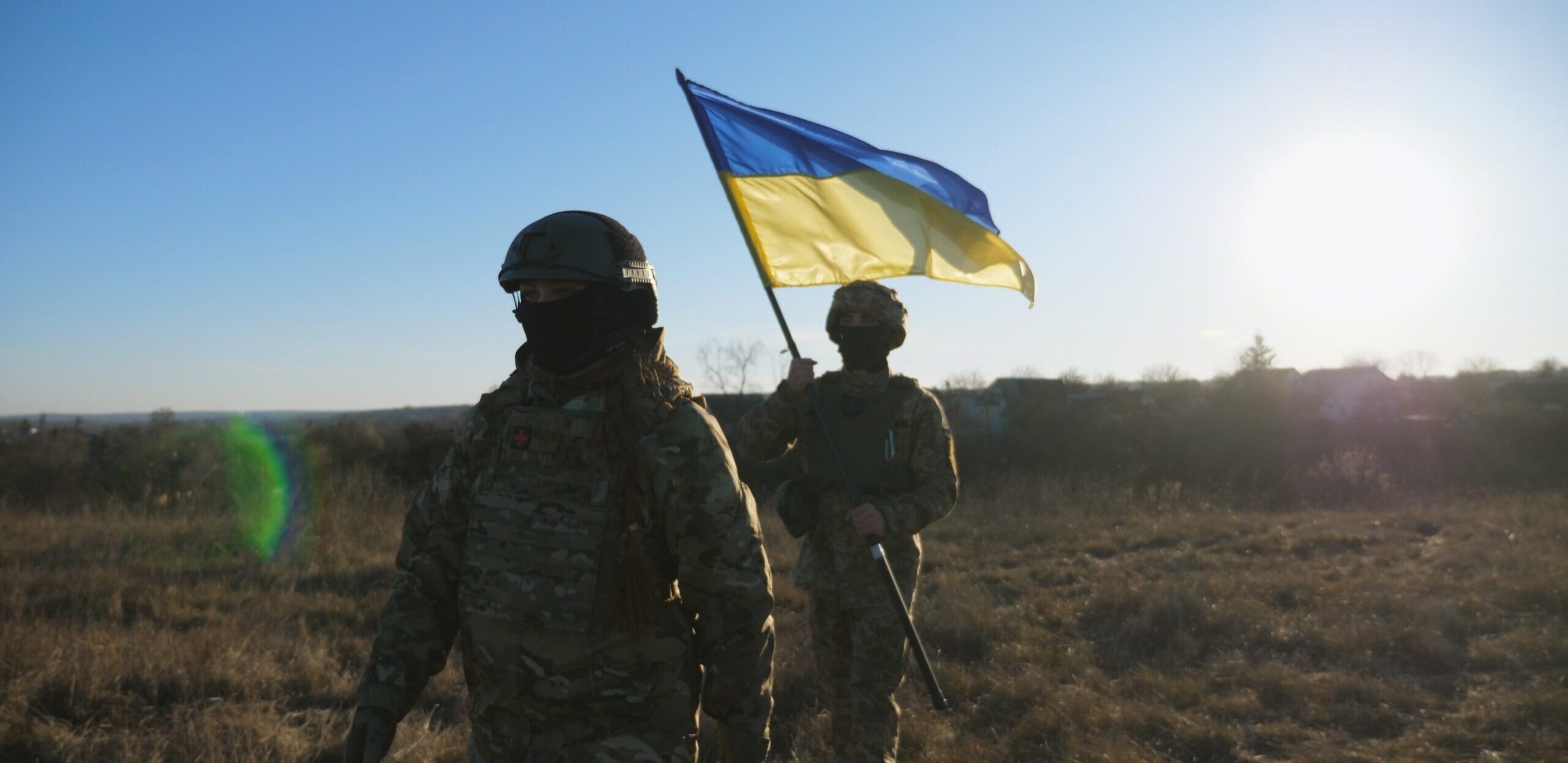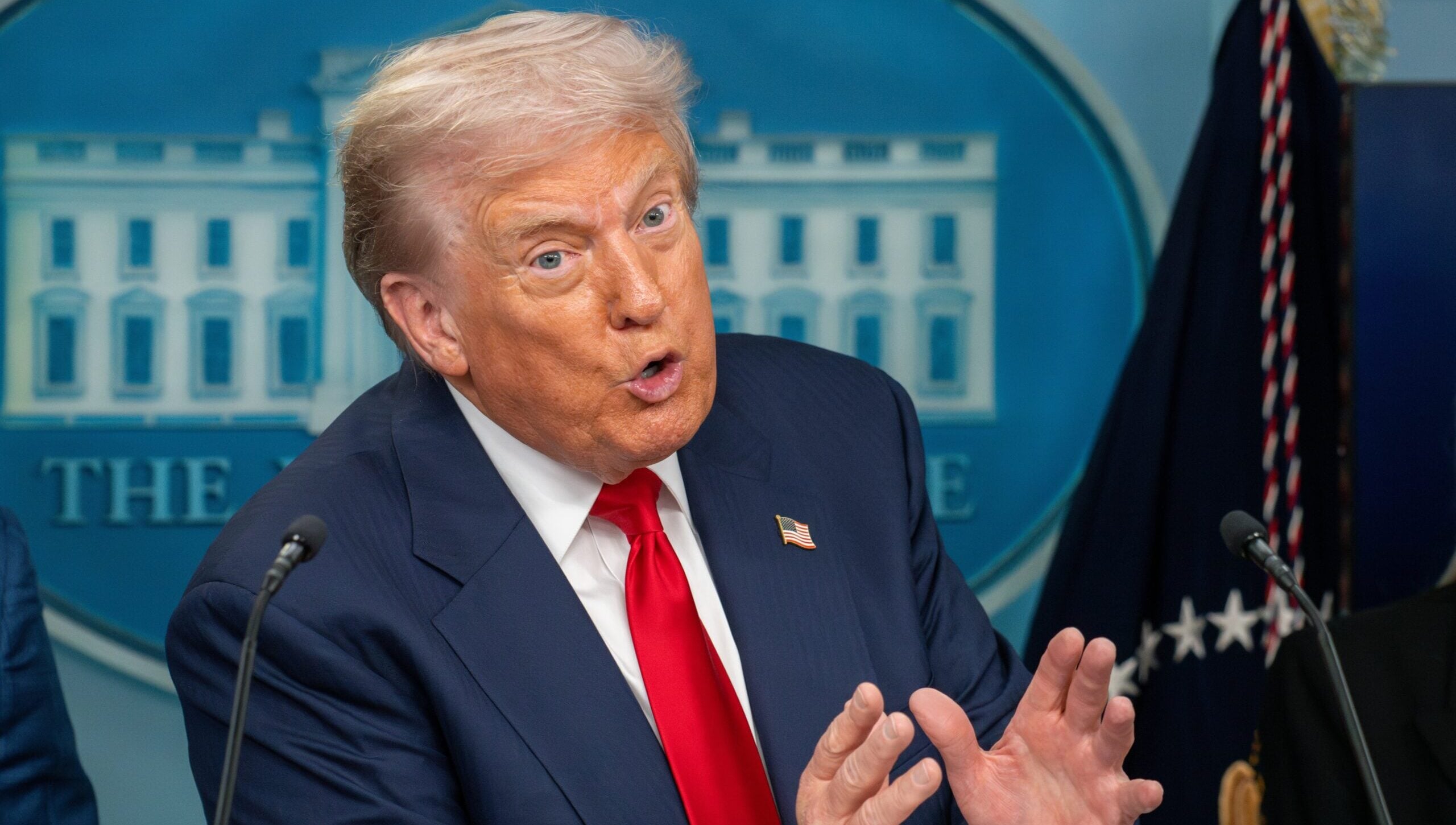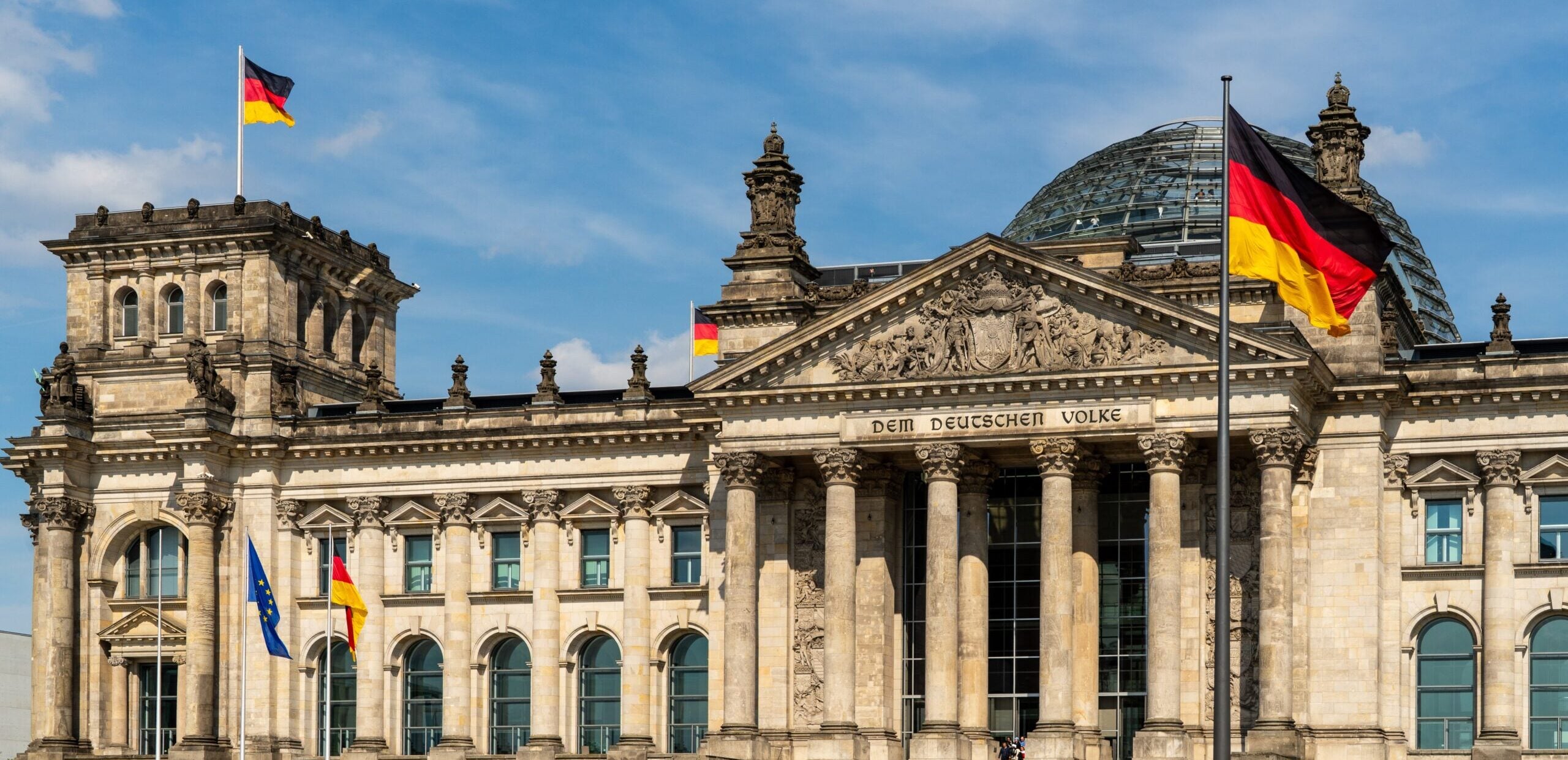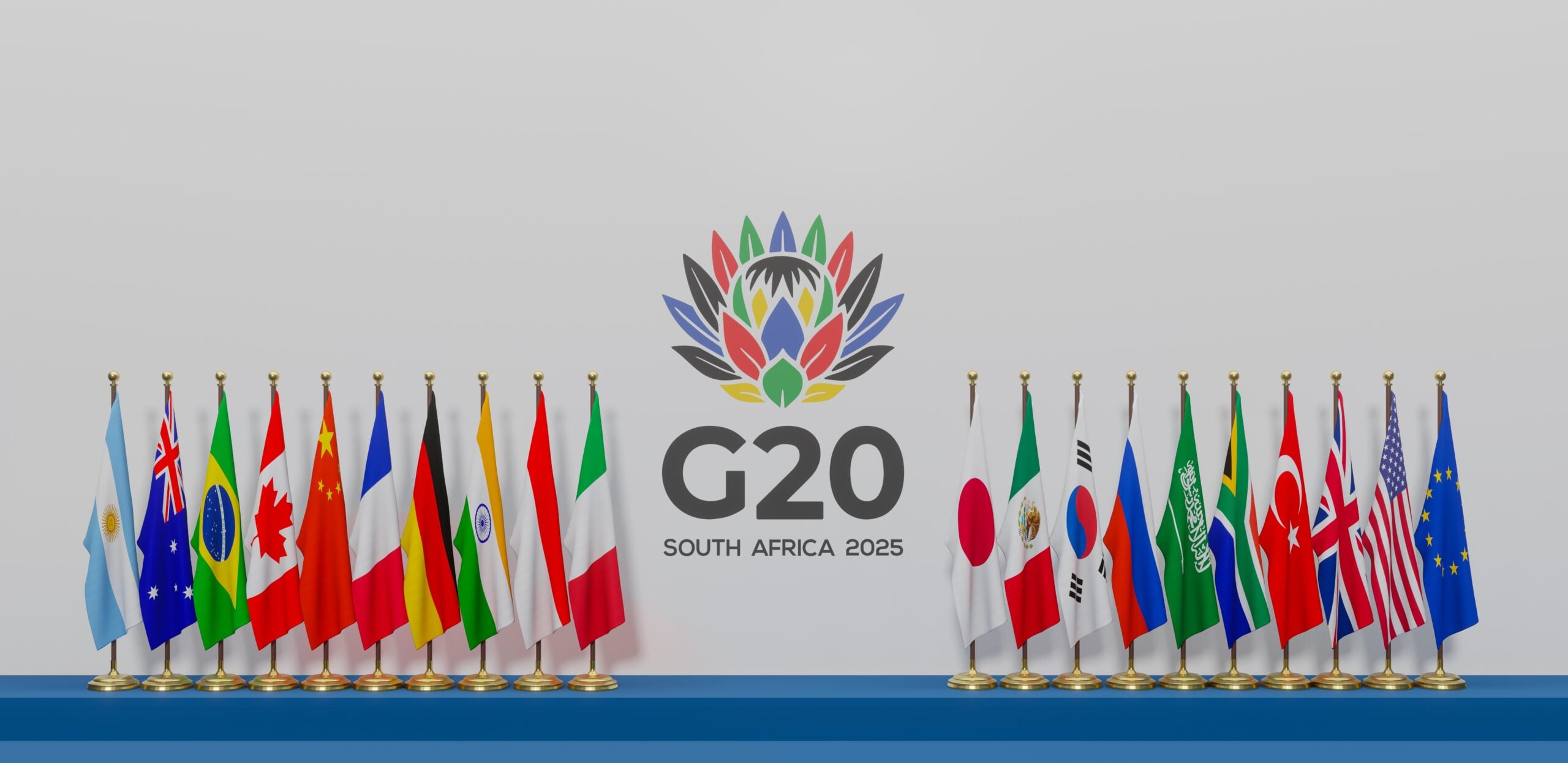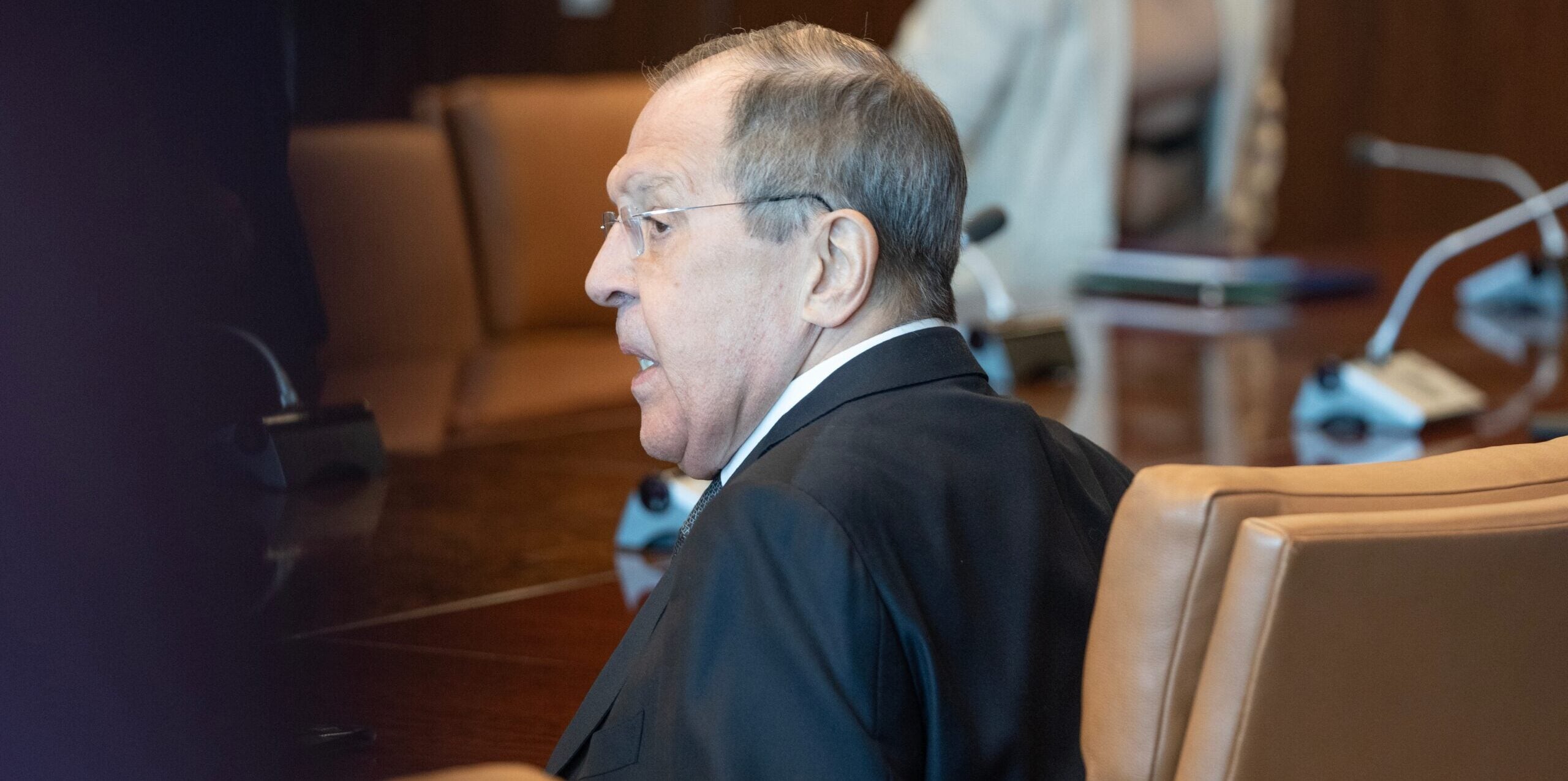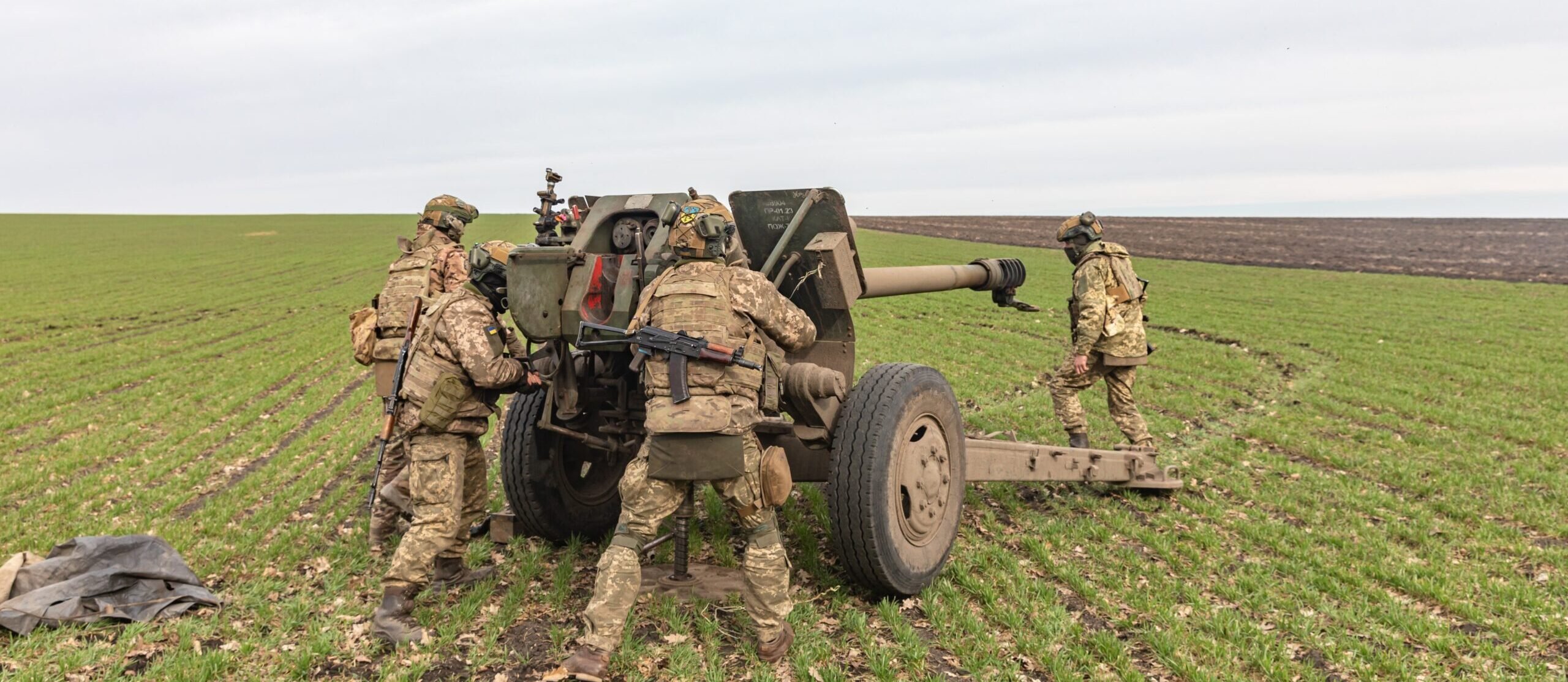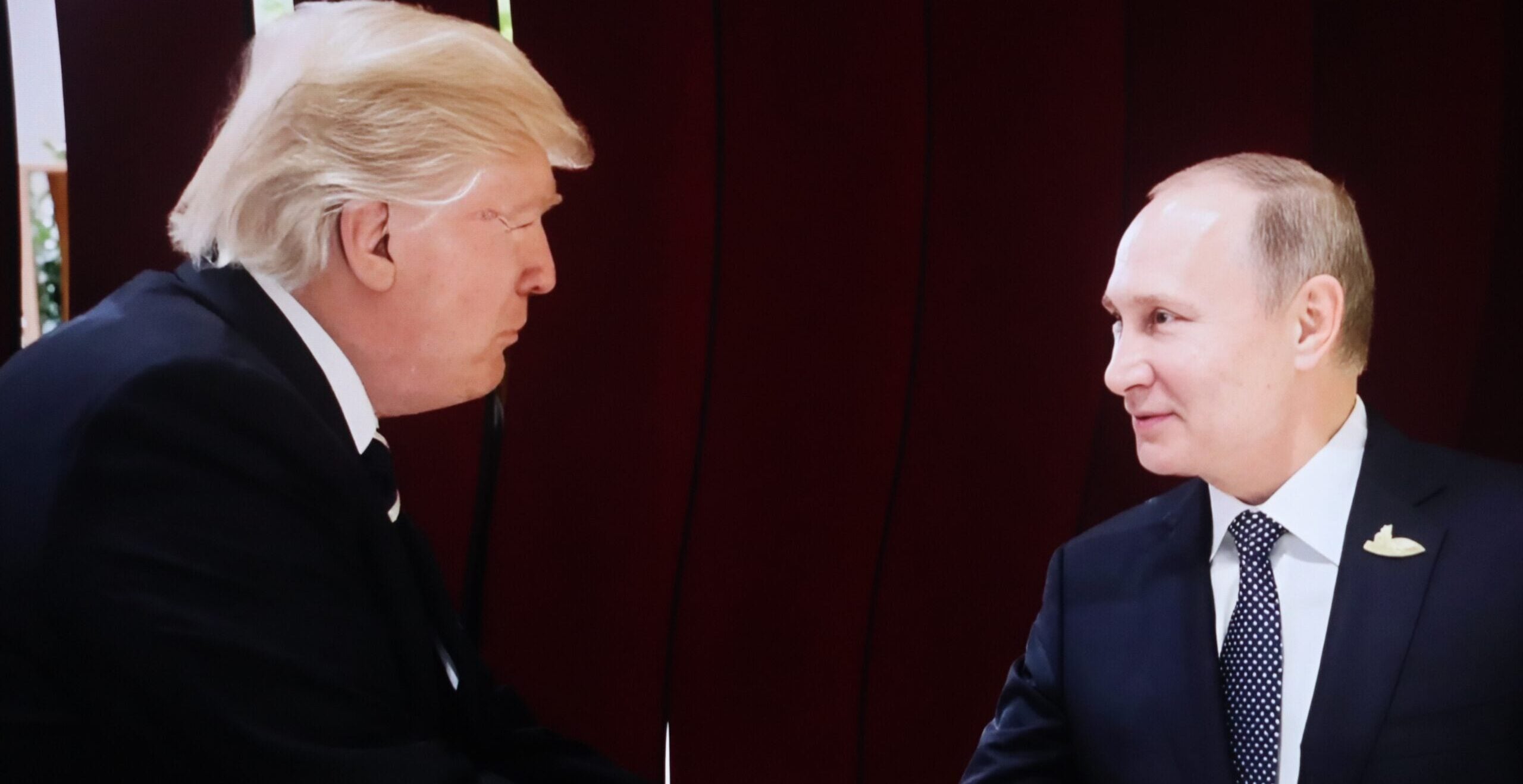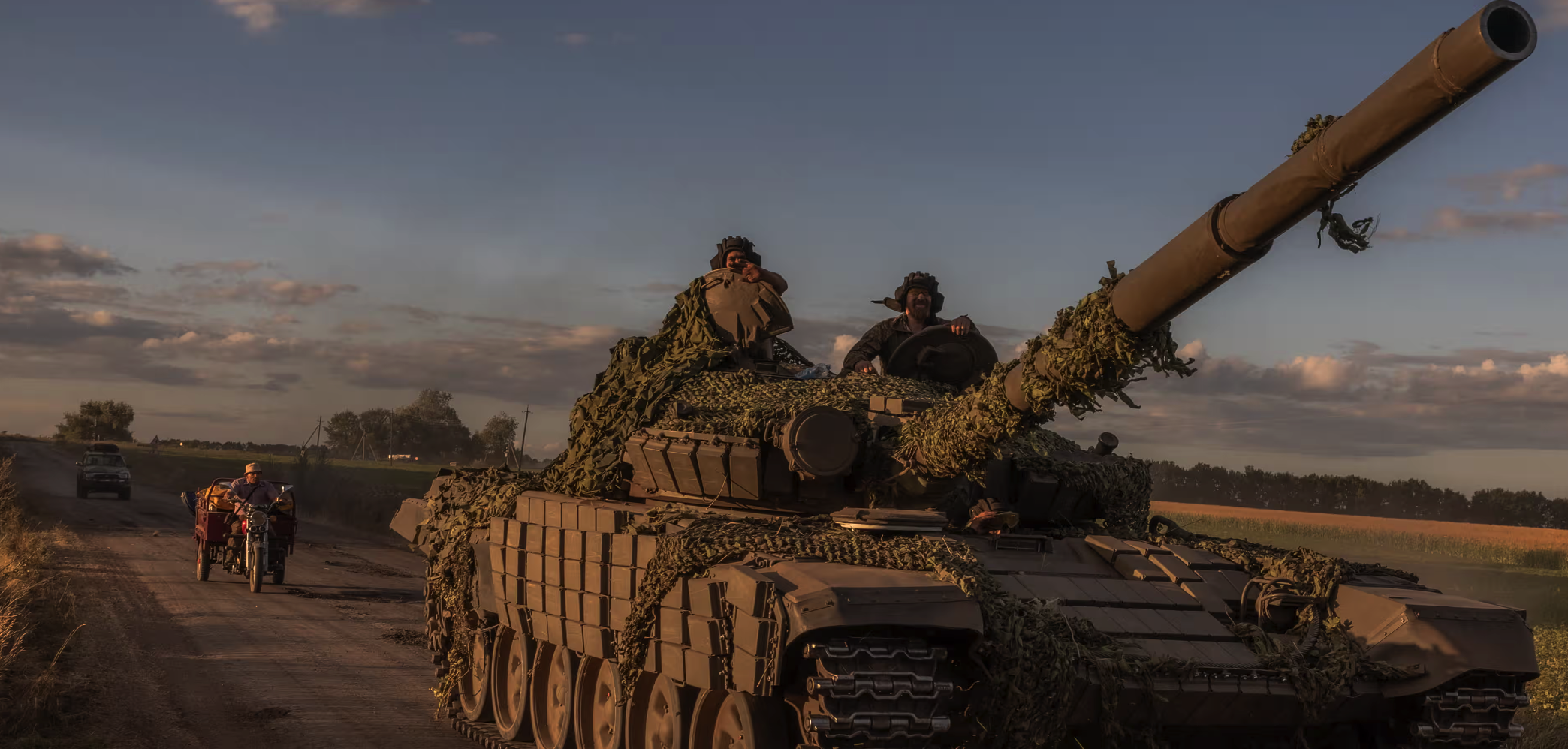

by Peter Dickinson, UK journalist and researcher, editor of Atlantic Council’s UkraineAlert and Chief Editor of Business Ukraine Magazine and publisher of Lviv Today magazine
In the early hours of August 6, units of the Ukrainian army crossed the border into Russia’s Kursk Oblast in a surprise move that ended a two-and-a-half year taboo over military operations on Russian soil. The goals of this ambitious Kursk incursion are still shrouded in mystery and subject to much debate, but it is already clear that Ukraine’s decision to invade Russia has succeeded in making a complete mockery of Vladimir Putin’s red lines and the West’s fears of escalation.
Ukraine’s summer offensive is a watershed moment in the current war and an historic milestone in its own right. For the first time since World War II, Russia has been invaded by a foreign army. Initial reports indicate that this ambitious operation was prepared amid great secrecy over a period of months. Ukraine managed to catch the Russians completely off-guard, with Ukrainian forces advancing tens of kilometers into Kursk Oblast during the first days of the campaign.
Ukraine’s political and military leaders have so far remained remarkably tight-lipped about the invasion, saying very little publicly and providing few details. Nevertheless, it is possible to identify a number of likely objectives.
Ukraine’s most obvious intention is probably to ease the military pressure in the south and east of the country, where Russia has been slowly but steadily advancing in recent months. By attacking across the lightly defended border and seizing Russian territory, Ukrainian commanders believe they can force the Kremlin to withdraw troops from the front lines of the war in Ukraine in order to redeploy them for the defense of Russia itself.
The offensive also creates opportunities for Ukraine to regain the military initiative after a year of costly and demoralizing defensive operations. It has long been obvious that Ukraine cannot realistically hope to win a war of attrition against the far larger and wealthier Russian Federation. Kyiv’s best chance of military success lies in returning to a war of mobility and maneuver that allows Ukrainian commanders to take advantage of their relative agility while exploiting the Russian army’s far more cumbersome decision-making processes. This is exactly what the invasion of Kursk Oblast has achieved.
In psychological terms, bringing the war home to Russia has allowed Ukraine to strike a powerful blow against enemy morale. The Ukrainian army’s advances in Kursk Oblast are spreading panic throughout the surrounding region and undermining Putin’s efforts to prevent the invasion of Ukraine from disrupting the daily lives of ordinary Russians. On the home front, Ukraine’s surprise summer offensive has provided Ukrainian society with a desperately needed morale boost, reviving hopes that the war-weary nation can still achieve meaningful military success.
The Kursk offensive may ultimately be part of Ukraine’s preparations for a future peace process, with Kyiv looking to occupy as much Russian territory as possible to use as a bargaining chip in any negotiations with the Kremlin. Indeed, during the initial days of the invasion, there was widespread speculation that Ukraine’s primary target may be the Kursk nuclear power plant, with a view to trading it for the Russian-occupied Zaporizhzhia nuclear power plant in southern Ukraine. An eventual land swap on a far larger scale may be part of Kyiv’s calculations.
The Ukrainian army’s advance into Russia has profound implications for perceptions of the war. It directly challenges the widespread belief that Russia’s invasion has reached a stalemate and can no longer be decided on the battlefield. Crucially, it also exposes the emptiness of Vladimir Putin’s red lines and the folly of the West’s emphasis on escalation management.
Ever since the Russian invasion of Ukraine began in February 2022, the international response has been hindered by fear of escalation. Western leaders have allowed themselves to be intimidated by Putin, who has used thinly veiled nuclear threats and frequent talk of Russian red lines to restrict the flow of military aid and convince Ukraine’s partners to impose absurd restrictions on the use of Western weapons inside Russia. As a result, Ukraine has effectively been forced to wage war with one hand tied behind its back.
Cover: Roman Pilipey/AFP/Getty Images


